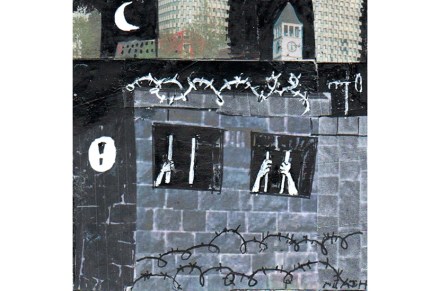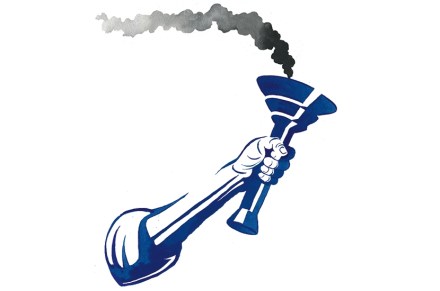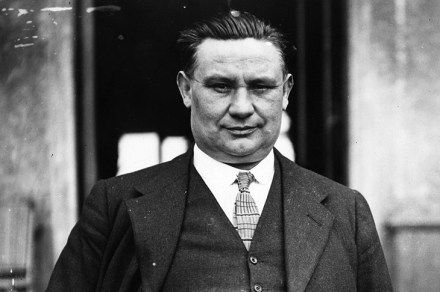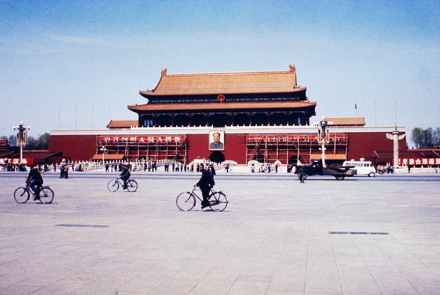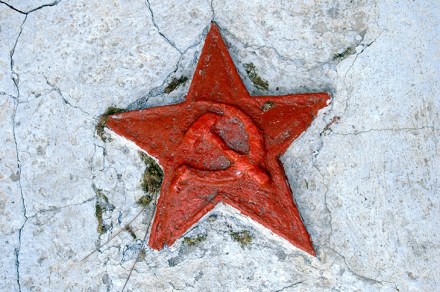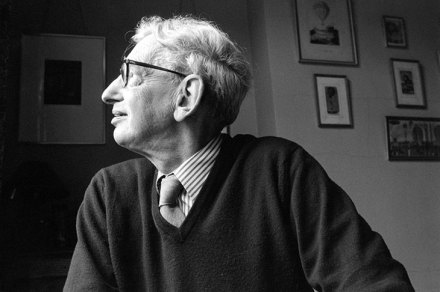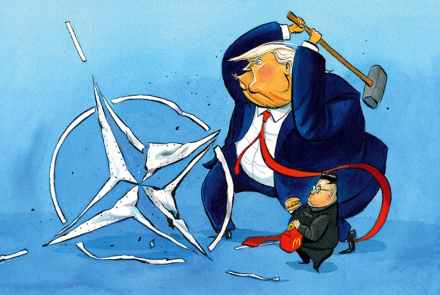The rotten legacy of communism in Albania
Our heavily laden taxi turned off the main highway from Tirana and started to negotiate the rough, one-track road. The road wound its way around the edges of the mountains until we reached the ruins of Spaç prison, once a slave labour camp in the communist era of Albania. Two three-storey buildings housed the large cells where 54 men at a time had lived and slept. They were required to work gruelling shifts, filling metal wagons with copper ore and pushing the along uneven rails, some of which were under water. If they failed to fulfil their quota, they would have to do a second shift. And if they failed
